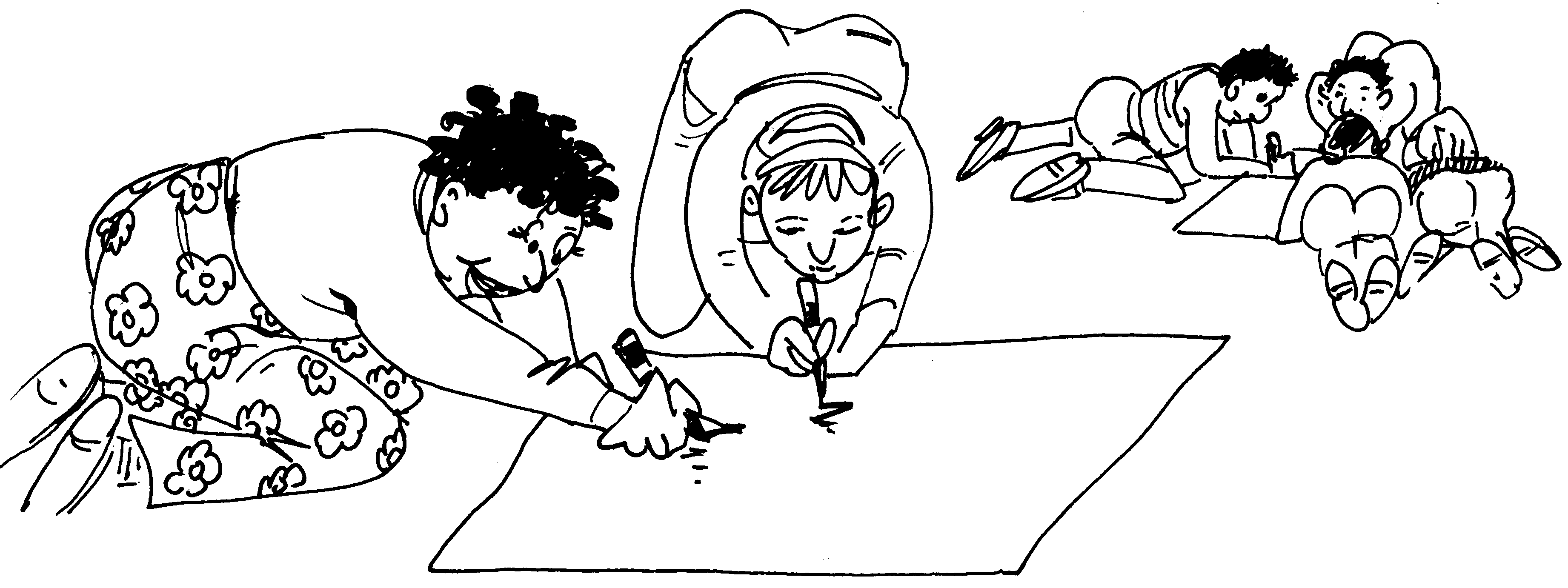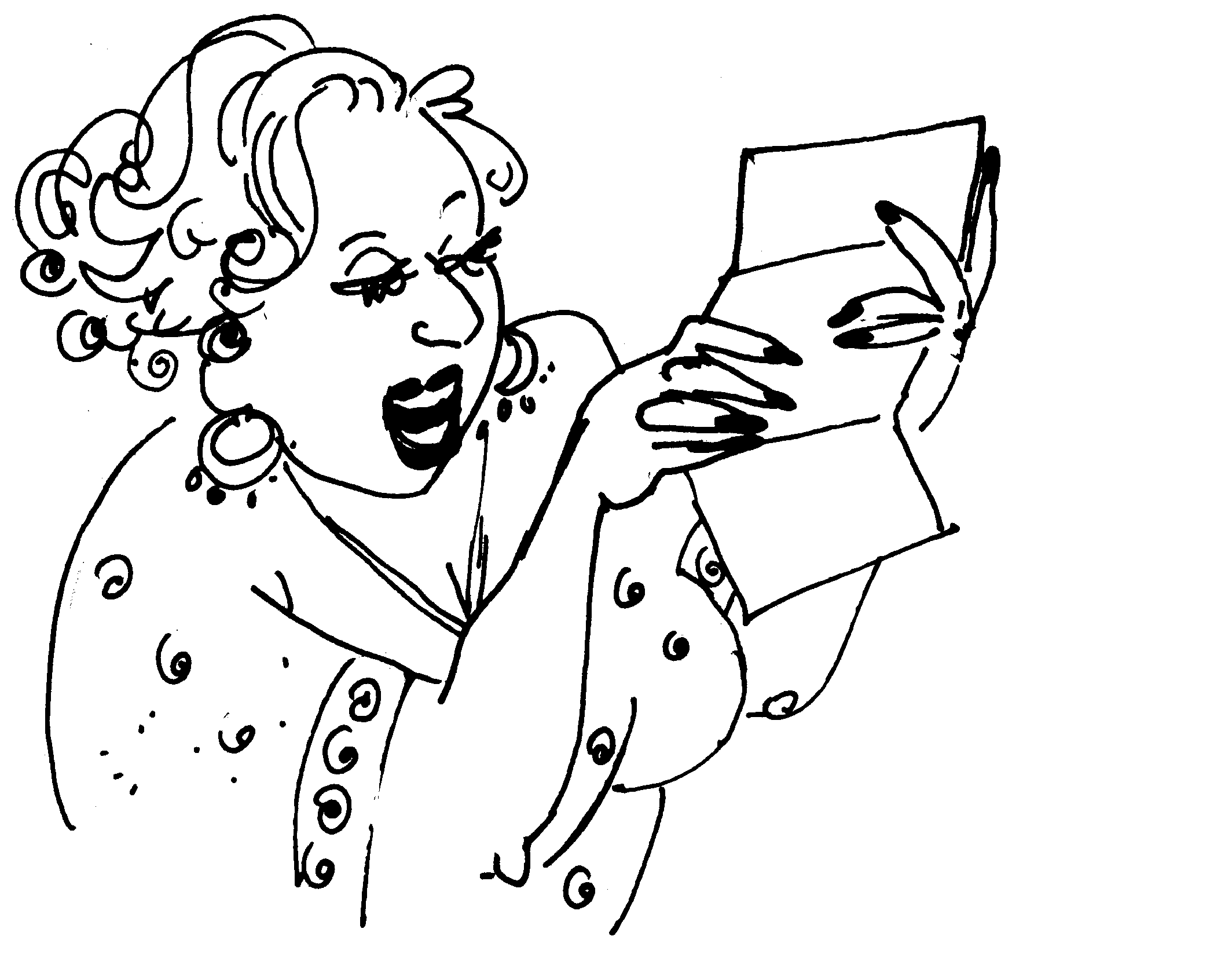| << Chapter < Page | Chapter >> Page > |
Health rights that children are entitled to, and the responsibilities that are involved
In South Africa we have a Declaration of Human Rights, which is a “list of rules” which protects the citizens of the country by ensuring that all people are treated fairly.
On page 3 is a list of rights to which learners are entitled. A very important aspect of these rules is that learners themselves are also expected to bear certain responsibilities . Learners must respect the rights of other learners, their teachers and their parents.
Your teacher will divide your class into four groups. Two groups make a poster bearing the 12 rights of learners, and the other two groups make a poster bearing the duties of learners. It is important that you should realise that with each right comes a duty. The posters should be of such a standard that they could be exhibited permanently in the classroom as part of the decorative learning material. The list on page 3 contains some advanced concepts that will be explained to you by your teacher. It is very important that you understand the language and content thereof without further simplification on your posters.

( a ) The rights of learners
1. To be educated and to develop spiritually and physically
2. To be nurtured and guided by adults
3. To be treated fairly and with respect
4. To have access to information
5. To have the opportunity to make a contribution to society
7. To develop at one’s own pace
8. To aim at the highest standards
11. To be taught, and to be allowed to speak, in the language of one’s choice
12. To be allowed to express one’s culture and religious beliefs freely
( b ) Responsibilities of learners:
3. To treat others with dignity and respect and to be sensitive of protecting their rights
4. To allow others, and to help them, to communicate
5. To be taught together with others, and to help them to learn
6. To co-operate with others and to ensure a safe environment
7. To observe, allow for and respect differences in other people
8. To have access to information and to work diligently
9. To respect other people as individuals
10. To be willing to be educated, to co-operate and to listen with concentration
11. To learn to accept other peoples’ language differences
12. To be willing to accept other peoples’ culture and religious convictions, and to help to protect them
Numbers 1, 2 and 6 of learners’ rights and responsibilities are specifically relevant to your safety and health. Your teacher will explain the contents of these three rights and responsibilities to you. You must then write a letter to your teacher (a few sentences) in which you ask to be allowed these three rights, and undertake to fulfil your duties towards your teacher and peers. See the following example:
Dear Miss Williams
Would you please come and tell me something new every day, so that I can become clever? Would you please set an example on how to be friendly and tolerant towards others? I would be very happy to feel safe and protected within the classroom.
I will try to listen to what you tell me and to be polite and friendly towards you and my classmates every day. I will not bring anything to school that will make other people feel unsafe and threatened.
Have a happy day at school!
Veronica

My letter
LEARNING OUTCOME 1: HEALTH PROMOTION
The learner will be able to make informed decisions regarding personal, community and environmental health.
Assessment Standard
We know this when the learner
1.3 explains children’s health rights and responsibilities, and suggests ways in which to apply these in a familiar situation.

Notification Switch
Would you like to follow the 'Life orientation grade 4' conversation and receive update notifications?